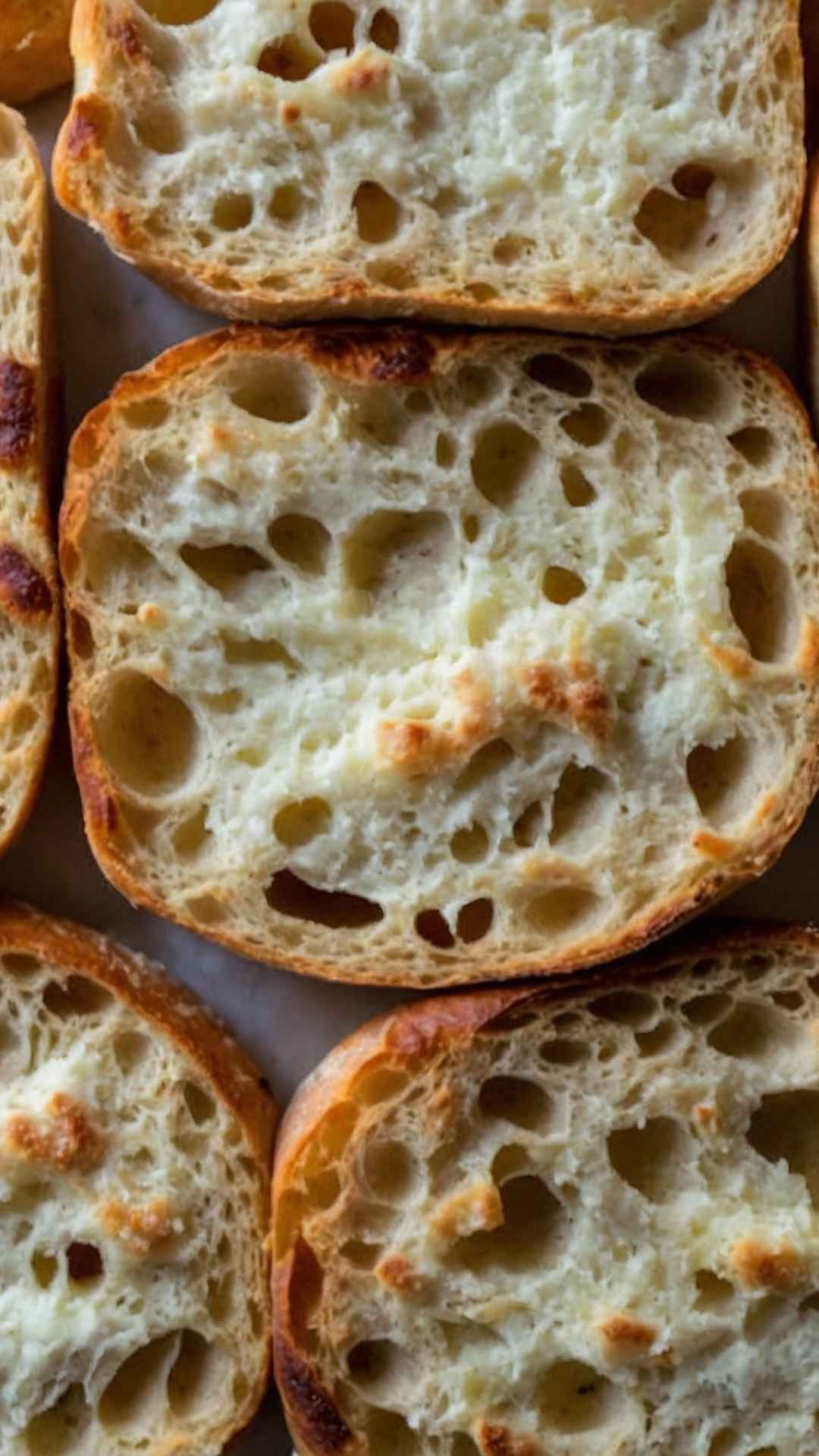Ingredients
Equipment
Method
Step 1: Mix the Dough
- In a large mixing bowl, combine the active sourdough culture and lukewarm water. Stir until the culture is fully dissolved in the water. Next, add the honey and olive oil. This mixture should feel warm and welcoming between your fingers.
- Now, sprinkle the high-gluten bread flour over the liquid mixture. Use a wooden spoon or your hands to gently mix everything until no dry flour remains.
- You should feel a sticky and somewhat shaggy dough forming. Don't worry if it feels like a mess; this is perfectly normal.
Step 2: Autolyse
- Cover the bowl with a clean kitchen towel and let it rest for about 30 minutes. This is called the autolyse phase.
- During this time, the flour absorbs the water, and enzymes start breaking down the starches. For me, this waiting time is a moment to reflect — yes, I really did that mix!
Step 3: Add Salt and Knead
- Now, sprinkle the sea salt over the dough. With wet hands, fold the dough over itself a few times to incorporate the salt. It’s a bit like giving your dough a gentle massage – never fret about getting a little sticky!
- After the salt is mixed in, you’ll want to knead. I prefer to knead right in the bowl. Grab a section of dough, stretch it upward, and fold it over itself. Repeat this for about 6-8 minutes, or until the dough becomes smooth and elastic.
Step 4: Bulk Fermentation
- Transfer the kneaded dough to a lightly oiled bowl. Cover it with plastic wrap or a damp kitchen towel and set it aside in a warm place for about 4 to 6 hours.
- This is the bulk fermentation stage. During this time, the dough will rise and develop flavor.
- Every hour, I give it a gentle stretch and fold — this helps to build the gluten structure. I find it so satisfying to watch it transform. The dough will swell like a happy balloon!
Step 5: Shape the Dough
- After your dough has risen significantly, pour it onto a well-floured work surface. This part is critical: be gentle! Use a bench scraper to divide the dough into two equal pieces.
- Gently shape each piece into a rectangular shape without deflating too much air. Flour your hands so the dough doesn’t stick to you like glue. Transfer the shaped pieces onto a well-floured baking sheet. Let them rest for 30 to 45 minutes.
Step 6: Preheat the Oven
- While the dough is proofing, it’s time to preheat your oven to 450°F (232°C). Place a baking stone or an inverted baking sheet inside as it heats. This will give your ciabatta that perfect crust.
Step 7: Bake the Bread
- Once the oven is hot and your dough has puffed up, it's time to bake! Carefully transfer the ciabatta onto the hot baking stone. If they stick, you can use the parchment paper to help slide them off.
- Baking will take around 20-25 minutes, but keep an eye on them. You’re looking for that golden-brown crust and a hollow sound when you tap the bottom.
- Let the loaves cool on a wire rack before slicing. Patience, my friend; good bread takes time.
